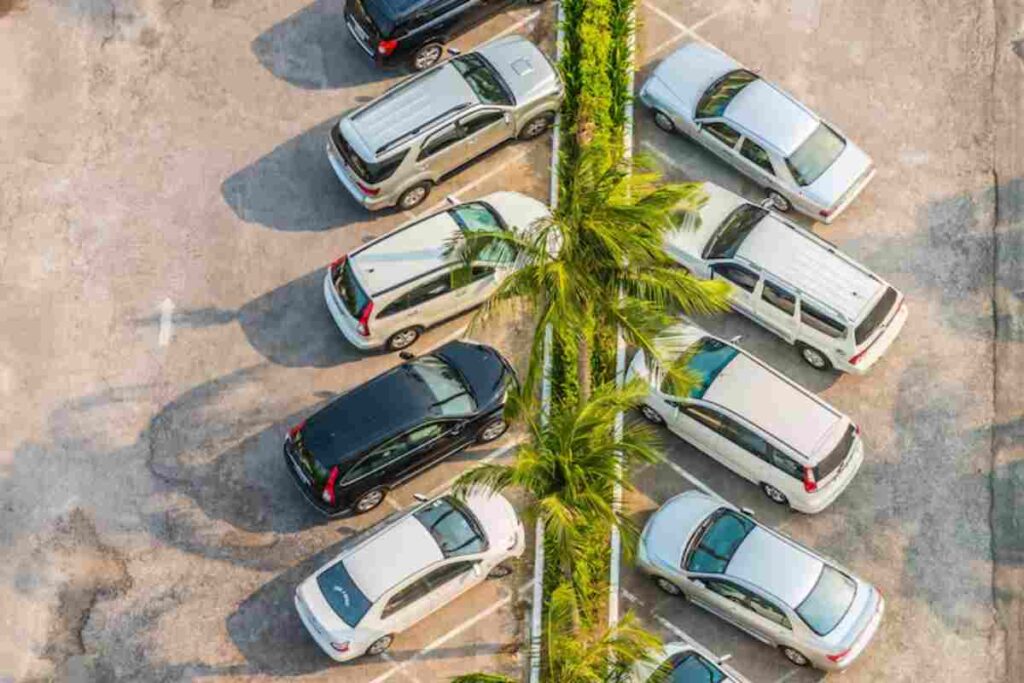The demand for intelligent parking management systems has become paramount in the constantly evolving urban development landscape. With the population and expansion of urban cities, there is a rising need for limited parking spaces, environmental pollution, and traffic congestion. Parking facility management necessitates unique solutions to optimize the utilization and management of parking facilities. The article highlights the parking management strategies to navigate the challenges and facilitate seamless urban mobility. With efficient planning and creative urban mobility solutions, everyone can experience a more efficient parking experience.
Parking Facility Reservation System
The reservation system takes intelligent parking management to the next level. It allows registered users to reserve parking spots in advance. The technology is linked with online platforms or mobile applications accessible to users. Users check real-time spot availability through a simple and user-friendly interface and reserve parking spaces for a specific timeframe. It alleviates the uncertainty of identifying a parking spot upon arrival in the facility. In addition, the reservation system personalizes all parking operations. It is beneficial during high-demand periods and contributes to the seamless traffic flow, minimizing the last-minute chaos within the parking facility.
Collaborative Parking Agreements
Partnership with nearby offices or businesses to create a collaborative parking agreement is game-changing. Communicating and coordinating schedules and optimizing the parking space during peak hours, organizations, or offices nearby eliminate or reduce the pressure on individual parking facilities. Such management maximizes the available lots and fosters a sense of cooperation and community among neighboring businesses and establishments. It is an efficient parking facility management that streamlines the entire operation.
Integrating Smart Sensors
Modern parking management revolutionizes itself by incorporating advanced and intelligent sensors. There are sensors strategically placed throughout the facility, continuously tracking the occupancy of the spaces. Sensors deliver real-time data on parking space availability and utilize technologies like computer vision, infrared, and ultrasonic sensors. When a car occupies or vacates a parking space, the technology instantly notifies the user and updates in real-time. The intelligent sensors establish a dynamic map of the parking facilities with real-time data. The benefits of including sensors are:
- Empower users with the potential to check parking facility availability remotely, saving time and money.
- The data-driven approach helps facilities evaluate parking patterns, recognize peak hours, and optimize space allocation.
Encourage Carpool Programs
Parking establishments encouraging businesses and employees to participate in carpool collaborations or programs significantly contributes to sustainability. In addition, it helps to optimize the parking facility spaces. Offering specific carpooling parking areas or spots close to the business or office entrance incentivizes the users to share rides. It reduces the overall number of cars parked for the entire week. More businesses and offices in urban areas encourage carpool collaboration and leverage the benefits of efficient parking facility management.
Optimizing the Vertical Space
The horizontal space in urban areas is limited, and it is where optimizing the vertical space comes into the spotlight. Establishments investing in multiple-level parking infrastructures or rooftop parking systems remarkably enhance the entire capacity of the parking establishment without the need for extra land. Maximizing the parking lots or spaces is about efficiently utilizing space and more. The vertical parking space improves the experience for registered users, employees, and visitors.
By leveraging the benefits of advanced technology, implementing regulations and policies, and fostering partnerships or collaborations, establishments transform the hassle of parking into a stress-free and well-organized aspect. Modern offices favor investing in vertical parking spaces because studies reveal that well-organized, stress-free parking renders a satisfied, motivated, and more productive workforce. Effective parking facility management is critical in shaping how people navigate and experience urban areas as cities evolve.
Conclusion
The future of modern or urban mobility depends on well-organized parking facility management strategies. Urban areas establish a more efficient and sustainable parking ecosystem by encouraging sustainable transportation, prioritizing data-driven decisions, and innovative technologies. In pursuit of a stress-free and smooth parking experience, offices and businesses leverage the benefits of parking facility management. The strategy combines innovative technologies, user-centric policies, and collaborative programs to establish effective parking solutions. The journey toward an optimized parking facility is not only a practical requirement but a commitment to enhancing the day-to-day work experience for everyone.

